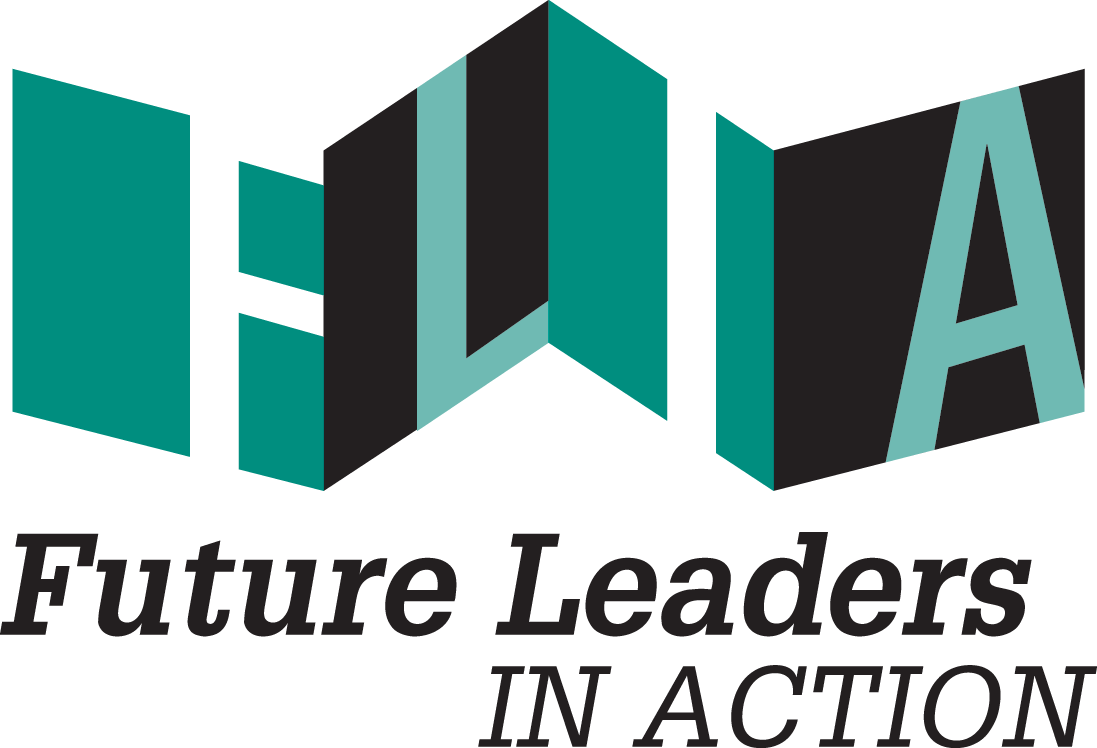Liberty Avenue and Little Guyana Avenue street signs in South Richmond Hill, Queens. Photo taken by the author.
Being the eldest daughter in a Caribbean immigrant family, I’ve oftentimes girl-bossed my way into the world of leadership, non-profits, and public service. For as long as I could remember my family heavily instilled in me the importance of leadership, advocacy, and helping improve the lives of others as I did for myself. As these values became second nature to me, I developed a desire to uplift the experiences of others through equity, inclusion, and community engagement. Despite this feeling and a budding passion for social impact work, I longed for a deeper connection to those with the same racial and ethnic identities as me, plus a greater understanding of why I wanted to better the communities around me. Throughout high school and college, I began to gain a better sense of what it meant to be a Black Caribbean woman with intersecting identities. Whether it was through finding my niche of iconic Black women; becoming more comfortable with my Caribbean identity and my Blackness; or discovering Little Caribbean and Little Guyana in New York City. Each experience further deepened my connection to my roots and pushed me to support the advancement of the communities I belonged to.
Becoming a fellow at South Queens Women’s March allowed me to understand more about the Caribbean community and experience true sisterhood among women of color.
Becoming a fellow at South Queens Women’s March allowed me to understand more about the Caribbean community and experience true sisterhood among women of color. South Queens Women’s March is a grassroots gender justice organization that amplifies the voices of South Queens’ diverse women, gender non-conforming individuals, and community members in South Queens. Joining this organization as the Youth Civic Engagement Fellow, I’ve had the opportunity to interact with numerous community members of all ages and feel an overwhelming sense of home within South Queens. These interactions ranged from school visits, tabling, and canvassing during the Participatory Budgeting Process (PB), The People’s Money, to hearing the life stories of community members surrounding generational trauma with alcoholism, drug use, mental health issues, migration to the United States, and overall community needs. Each interaction allowed me to broaden my understanding of Guyana to first-generation Americans and immigrants from Guyana, and the epicenter of Guyanese culture in Richmond Hill and South Ozone Park, aka Little Guyana.
Ariel (far left) supporting a food drive with her partner organization, South Queens Women’s March.
Moreover, being Jamaican in a predominantly Guyanese neighborhood, my bosses made it their mission to expose me to the great food, history, and Guyanese culture within Richmond Hill and beyond. This meant in addition to immersing myself into the community during outreach, canvassing up and down Liberty Avenue, or at events/downtime at the South Queens Women’s March office, I’d learn more about Caribbean culture through my mind and my stomach. I learned about Caricom Day, which is a public holiday celebrated in Caribbean countries in recognition of the signing of the Treaty of Chaguaramas; pholourie and mango sour (my favorite); how to interact with Aunties and Uncles; and the intersectionality plus diaspora of identities within Guyanese culture.
While gaining a plethora of knowledge about Guyanese culture and South Queens, nothing affirmed my decision to become a fellow for this organization more than the connections between South Queen Women’s March partners and members.
While gaining a plethora of knowledge about Guyanese culture and South Queens, nothing affirmed my decision to become a fellow for this organization more than the connections between South Queen Women’s March partners and members. Being able to see the bond the women of this organization have together and for them to welcome me with open arms, no matter the drama, confusion, or frustrations that come with community work, they still did so while making an impactful contribution to South Queens. The sisterhood that exists at South Queens Women’s March embodies the true meaning of being sisters by chance and friends by choice, and in turn, using that sisterly unity to better their Caribbean community. All and all, my experiences at South Queens Women’s March and within Little Guyana have brought me full circle, connecting me with the warmth and prosperity of Caribbean culture.



